Spring
LPL is gearing up to celebrate the 50th anniversary of the Apollo 11 Moon landing with a focus on the contributions that LPL scientists made to mapping the Moon and supporting the first lunar spacecraft missions. If you have an interest in learning about the role Gerard P. Kuiper played in bringing planetary science to Tucson, consider adding Derek Sears' biography of G.P. Kuiper to your summer reading list: Gerard P. Kuiper and the Rise of Modern Planetary Science (Derek W.G. Sears, 368p, University of Arizona Press, 2019). More information about the founding of LPL is available from Under Desert Skies: How Tucson Mapped the Way to the Moon and Planets by Melissa L. Sevigny (184p, University of Arizona Press, 2016). Use discount code AZFLR to receive a 30% discount on your order from UA Press; the Sears biography will be for sale and available at a 40% discount at Summer Science Saturday.
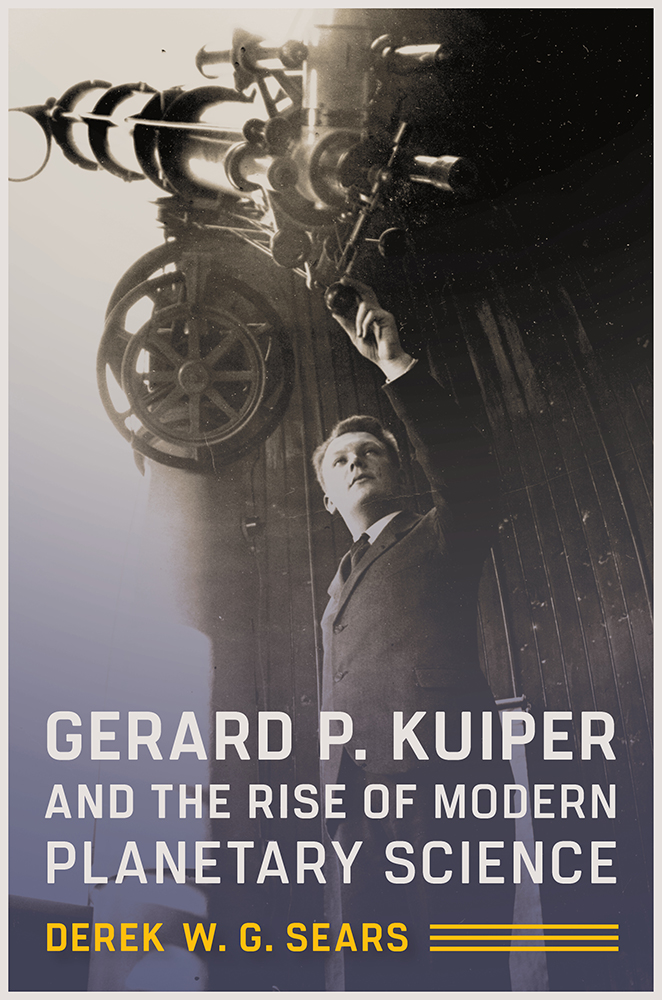
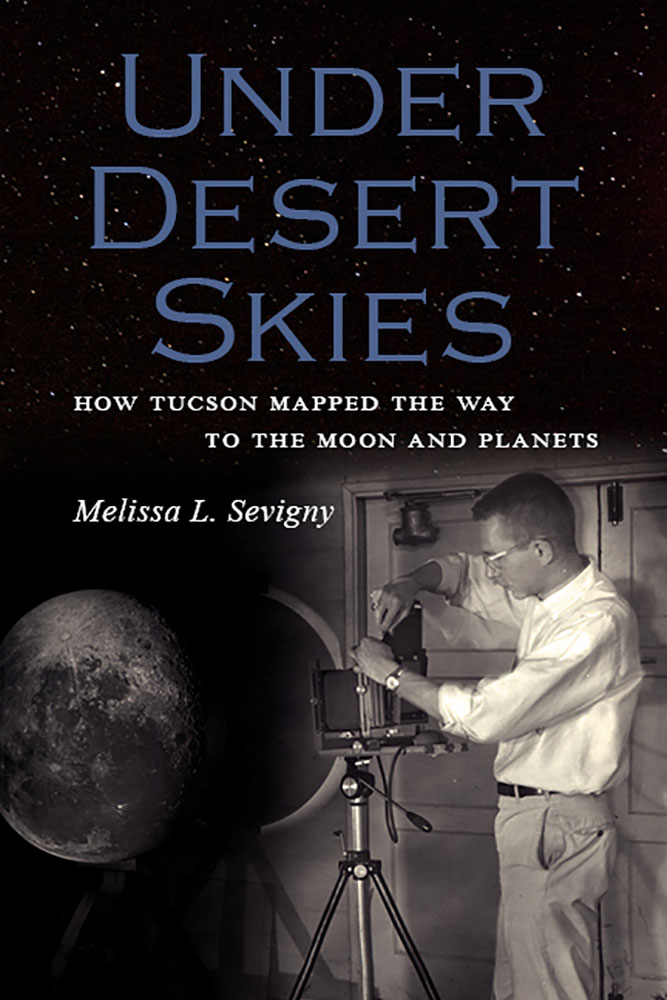
Thanks to the generosity of the late Shirley Curson, LPL has been able to fund summer travel for students for the last few years. However, the number of excellent applications for that award made it clear that there is a real need for additional funding to help LPL students and staff trying to explore new avenues of research and develop new skills. Dan Cavanagh, chair of LPL’s External Advisory Board, has provided additional support for the last several years, but now the entire Advisory Board has made a commitment to fund career-development travel for both students and staff. We have made a call for proposals to students and staff and anticipate bringing you the experiences of our grant awardees in the Fall 2019 newsletter. If you’re not on the Advisory Board, but would like to contribute to this fund, please do—just make a donation to LPL, and include a note indicating the purpose as "career development travel."
Welcome to the latest edition of the LPL Newsletter. Those of you with families work to the rhythm of the school calendar. LPL isn't quite as tied to a school-year calendar, but May still has that end-of-the-year feel. The end of the academic year is a time when a lot of awards are announced, and not just for students. In this issue, you’ll find discussions of awards to students, but also to faculty and to staff. These are all important, because while we sometimes take it for granted that LPL is full of clever, capable, dedicated people, we don’t tell them often enough how valuable their work is. Take a look at some of the impressive things people at LPL have been doing, as seen through the lens of the awards they’ve been getting.
And of course, there is the great science, highlighted here, but also available from our monthly newsletters and our web site (lpl.arizona.edu). Enjoy reading about what’s going on at LPL, and have a great summer.
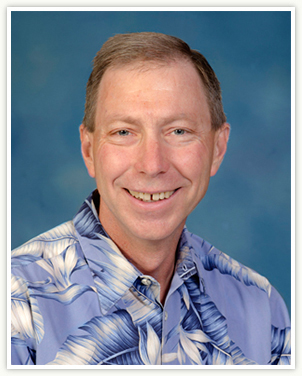
Timothy D. Swindle, Ph.D.
Department Head and Laboratory Director
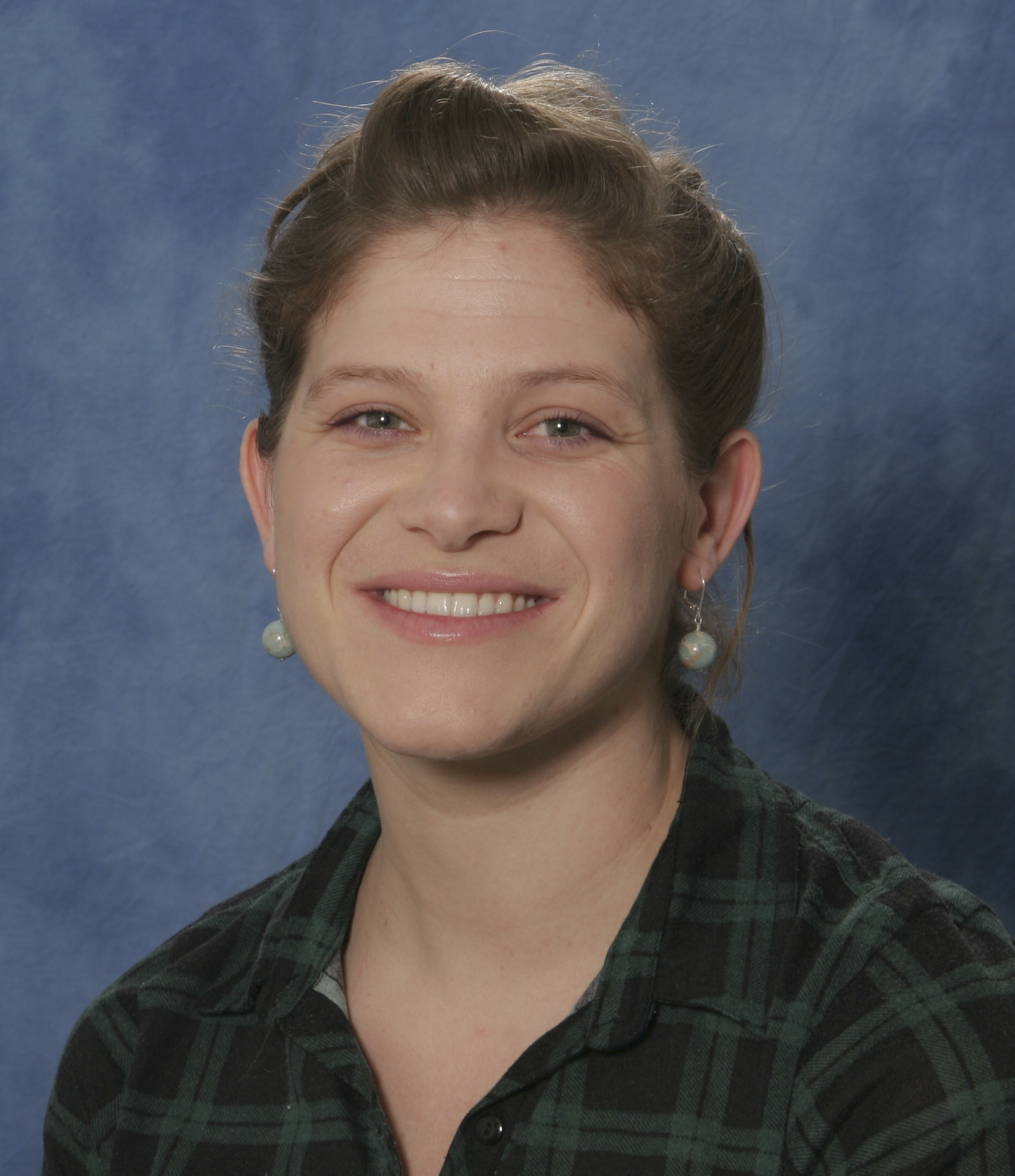 Singleton Thibodeaux-Yost, Science Operations Engineer with HiRISE, was selected by the American Geophysical Union (AGU) as an advocate in the Voices for Science program. Singleton was selected from a highly competitive applicant pool for her strong communication skills and enthusiasm for communicating the importance of Earth and Space Science to lawmakers, the press, and the public. As part of the Voices for Science class of 2019, Singleton had the opportunity to attend an interactive two-day workshop in Washington, D.C., which focused on building skills and toolkits for communication and policy development. The Voices for Science program provides for a
Singleton Thibodeaux-Yost, Science Operations Engineer with HiRISE, was selected by the American Geophysical Union (AGU) as an advocate in the Voices for Science program. Singleton was selected from a highly competitive applicant pool for her strong communication skills and enthusiasm for communicating the importance of Earth and Space Science to lawmakers, the press, and the public. As part of the Voices for Science class of 2019, Singleton had the opportunity to attend an interactive two-day workshop in Washington, D.C., which focused on building skills and toolkits for communication and policy development. The Voices for Science program provides for a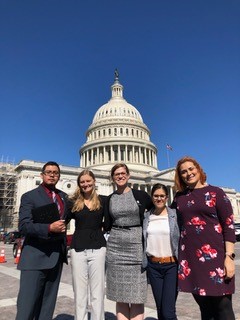 dditional networking and collaboration opportunities with this year's other 34 program participants as well as members of the 2018 Voices for Science cohort. The Voices for Science program will provide funding for travel and registration to the Fall 2019 AGU Meeting, to be held in San Francisco, December 9-13.
dditional networking and collaboration opportunities with this year's other 34 program participants as well as members of the 2018 Voices for Science cohort. The Voices for Science program will provide funding for travel and registration to the Fall 2019 AGU Meeting, to be held in San Francisco, December 9-13.
The 2019 Voices for Science cohort includes 5 participants from the University of Arizona (UA). The UA group plans to develop a “Science & Policy Cafe” on campus and to host monthly luncheons to discuss topics like current political trends and how they relate to science funding and how science is applied to decision-making and governing. Singleton says, "We will provide resources to stay engaged, and tips and training on how to build relationships with legislators. We will also be inviting guest speakers who have dealt with the application of science to policy in the real world."
Pagination
- Previous page
- Page 41
- Next page

